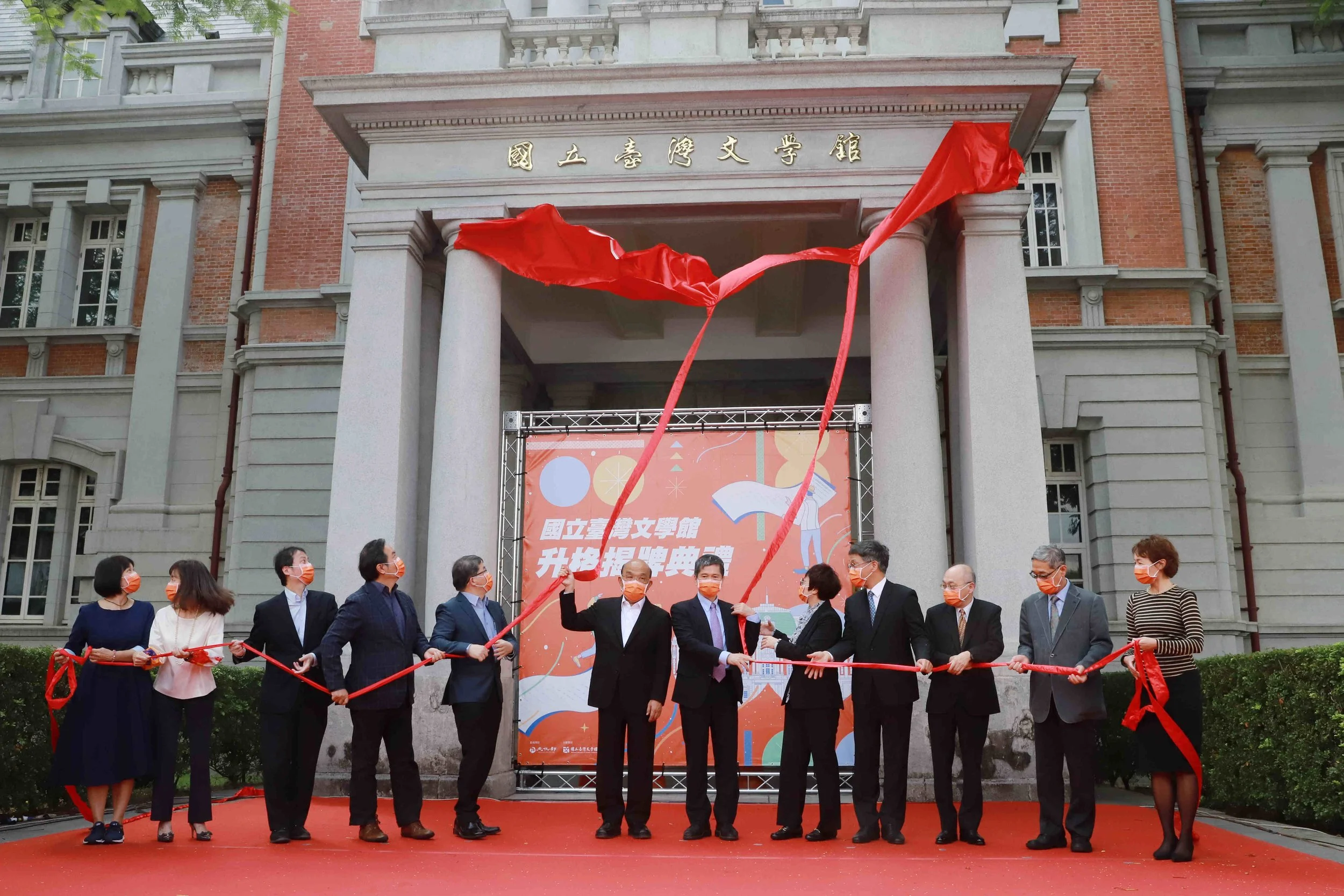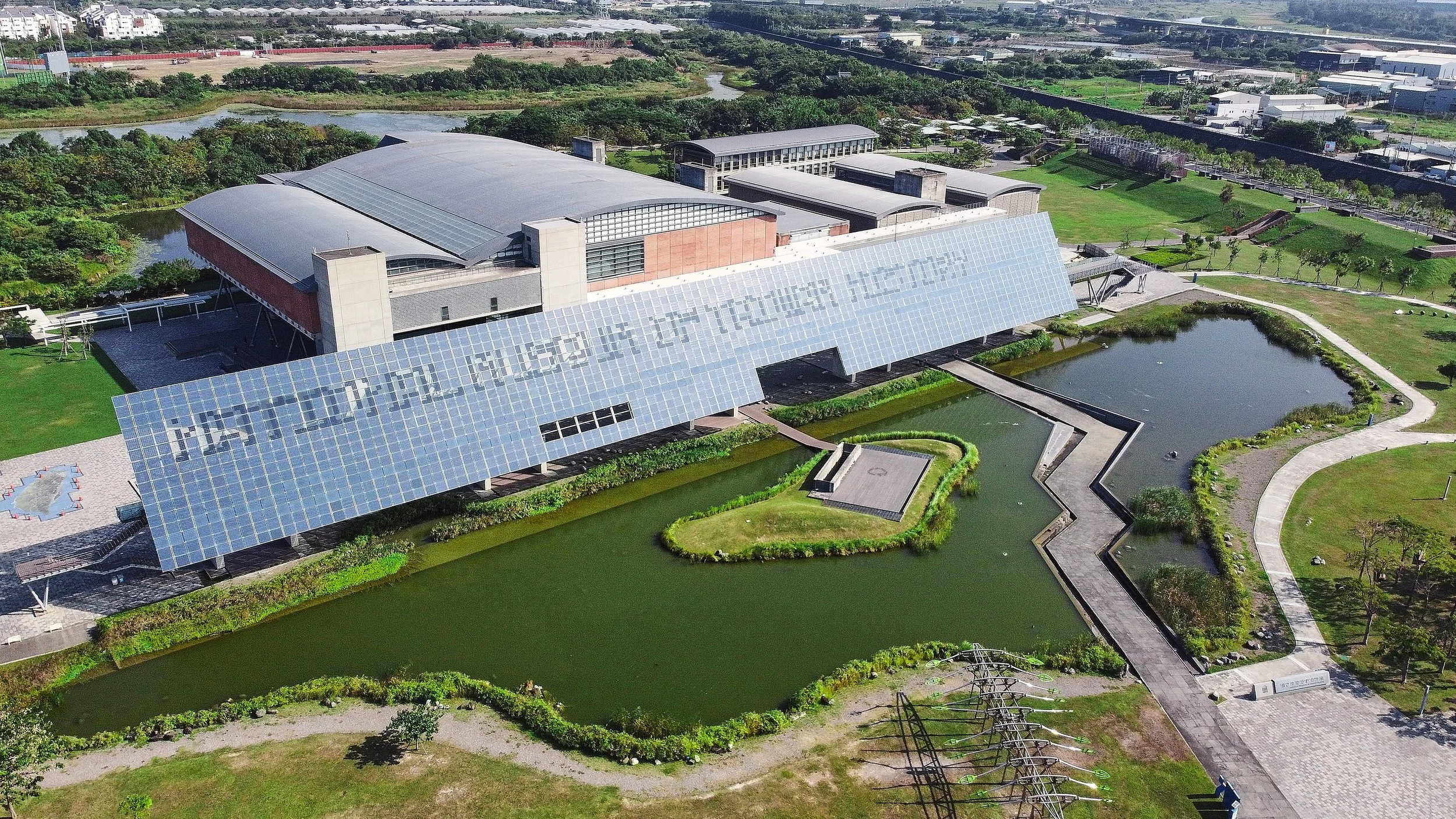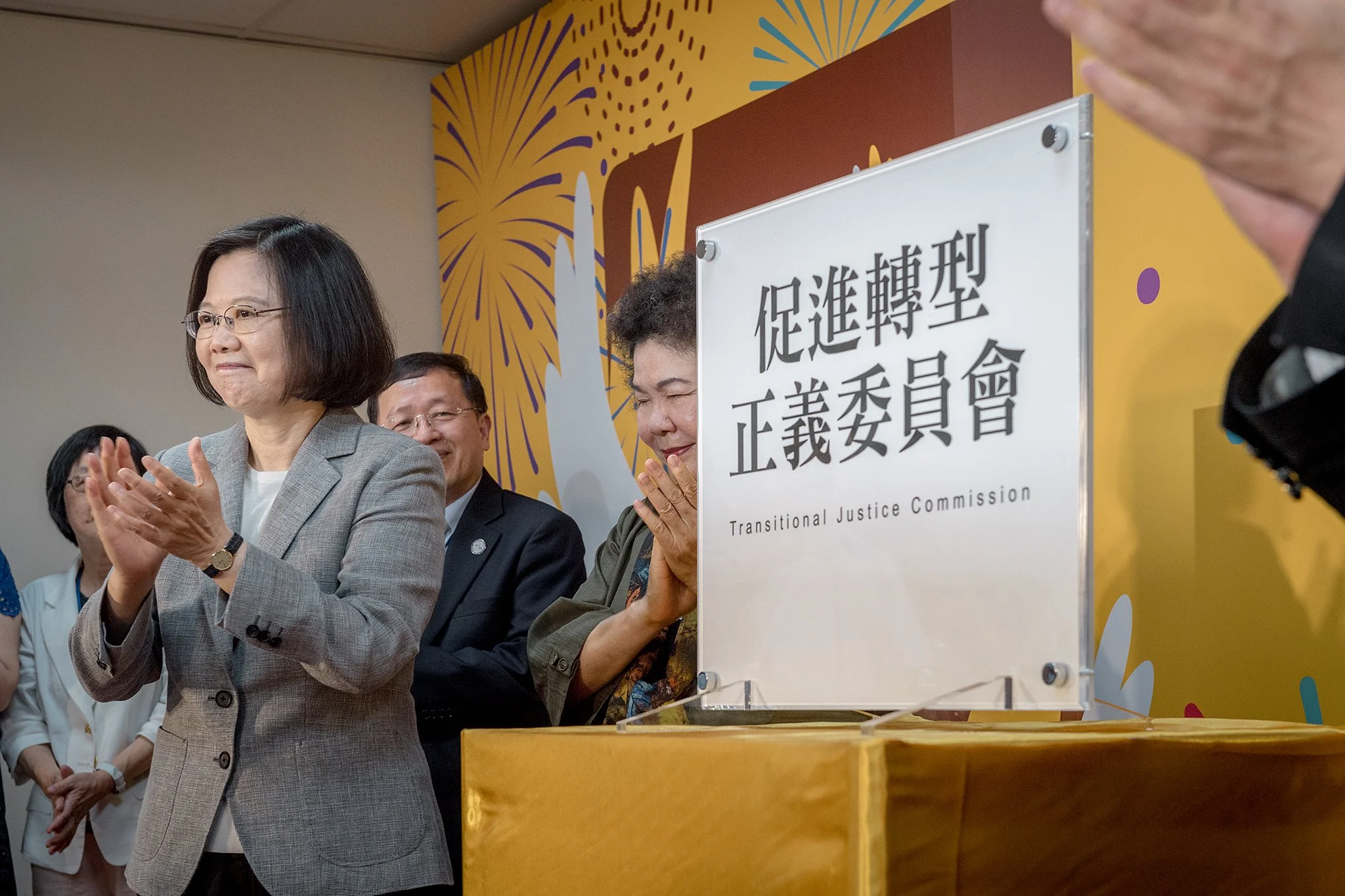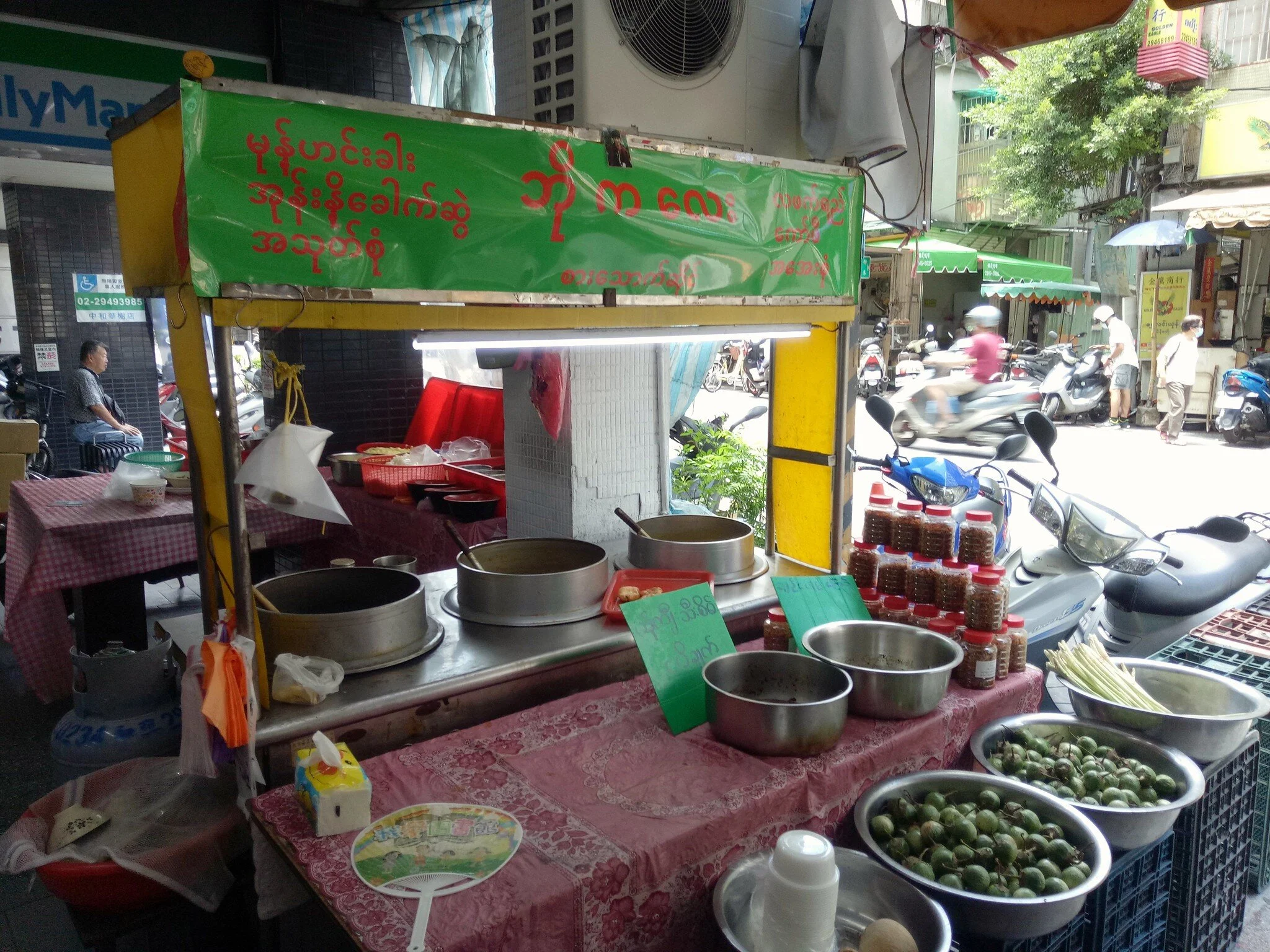Though short-lived for just less than four years, the Ren Jian (Human World) magazine, founded in 1985, was like a legend, shedding light on countless dark corners of Taiwanese society and revealing the wounds of the land in Taiwan before and after the lifting of martial law. With its powerful photographs and writings, it defines the core of in-depth investigative reportage. For more than 30 years, Ren Jian has been mentioned every now and then, commemorated through various exhibitions, conferences, or awards, including the Outstanding Contribution Award bestowed by the 2021 Taiwan International Documentary Festival (TIDF). The Reporter meets with former Ren Jian employees and interviews them about their personal perspective of what the magazine means for their lives and for the era.
The Taiwan Gazette translates and publishes original reporting from Taiwan, Hong Kong and China. Our goal with the platform is simple: We want original reporting from the Sinosphere to have a wider impact on global civil society.





















